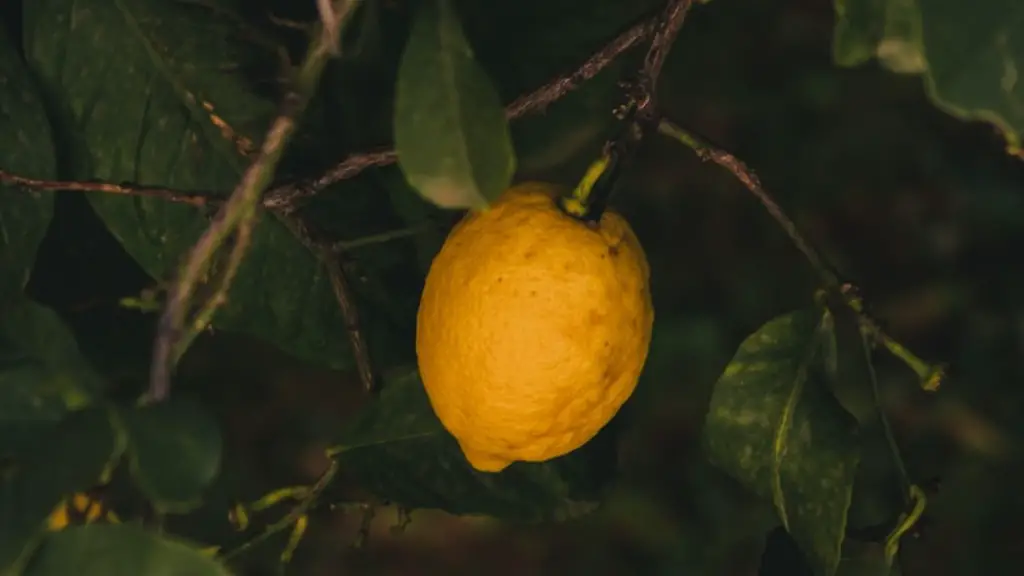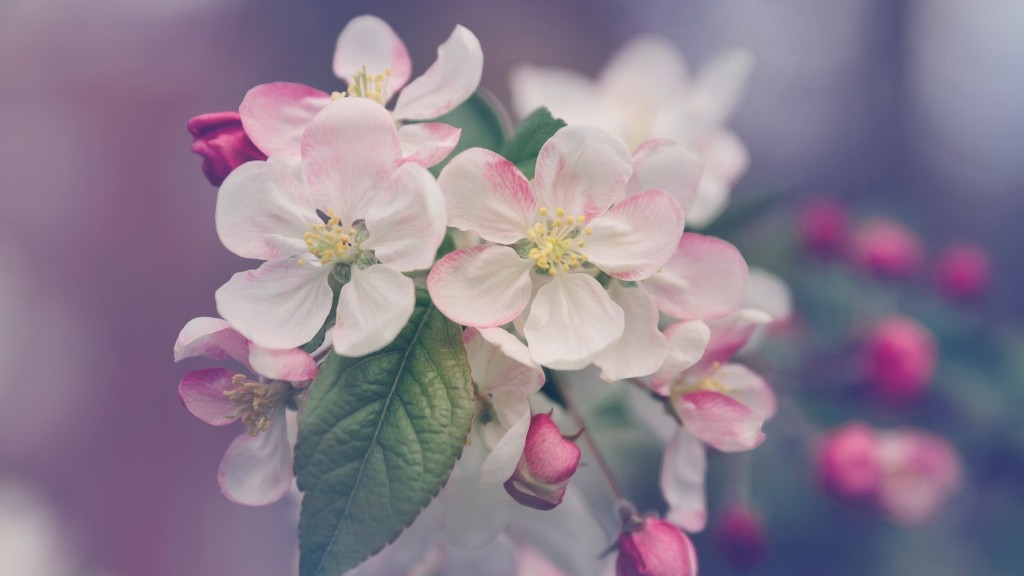Meyer lemon trees are popular for their sweet and tart flavor, and their lush, attractive foliage. Unfortunately, yellowing leaves are an all too common problem encountered when growing these trees. The condition can strike suddenly and can be alarming, so it’s important to figure out what’s causing the yellowing leaves. The most likely causes can range from environmental factors to pest infestations.
First and foremost, yellowing leaves can be caused by environmental issues including over or under-watering, too much or too little sunlight, or temperature stress. Too much water can cause the leaves to turn yellow and eventually fall off, while not enough water can cause the same problem. Ideally, a Meyer lemon tree should be receiving at least five hours of direct sunlight each day, but too much can stress the tree and cause the leaves to yellow, too. Lastly, the temperature should remain consistently between 65-85 °F.
Nutrient deficiency is another reason why the leaves may be turning yellow. A deficiency in the nutrients nitrogen, manganese, or magnesium can cause yellowing or discoloration of the leaves. To ensure the tree is getting the nutrients it needs, use a well balanced fertilizer with nitrogen, phosphorus and potassium in the ratio of 10-10-10 and follow the instructions for application.
Pest infestations are another possible cause for yellowing leaves. Check for signs of pests such as aphids, mealybugs and scale insects which can all cause yellowing of the leaves. To get rid of the unwanted pests, use a garden spary like neem oil or insecticidal soap and follow the directions on the package.
Finally, yellow or discolored leaves may be a sign that the Meyer lemon tree is in need of pruning. Pruning is essential for any tree, as it helps keep it healthy by removing dead or diseased branches. When pruning, make sure to use sharp, sterilized pruning sheers and be sure to leave plenty of branches for the Meyer lemon tree to thrive.
Environmental Factors
Environmental conditions, such as over or under-watering, too much or too little sunlight, or temperature stress have a significant impact on the health of a Meyer lemon tree. Too much or too little water can cause yellowing or dying of the leaves, while direct sunlight, while necessary, can be damaging if too much is exposed to the tree. Temperatures need to remain consistent, and should fall between 65-85°F in order to keep the tree healthy.
Nutrient Deficiency
Meyer lemon trees require a well balanced diet of nutrients in order to stay healthy and produce fruit. Nitrogen, manganese, and magnesium are all essential minerals for the growth and development of the tree, and can become depleted in the soil. Fertilizers with a ratio of 10-10-10 are ideal for replenishing the soil and supplying the tree with the minerals it needs.
Pest Infestation
Pests such as aphids, mealybugs, and scale insects can cause significant damage to Meyer lemon trees and lead to yellowing or discolored leaves. It is important to check for signs of pests regularly, and use appropriate treatments such as neem oil or insecticidal soap in order to get rid of the unwanted visitors.
Pruning
Pruning is essential for any lemon tree, as it helps remove dead or diseased branches and helps promote healthy growth. Sharp, sterilized pruning sheers should be used, and care should be taken to leave enough branches in order for the tree to thrive. Pruning is important for producing healthy lemons and avoiding yellowing leaves.


